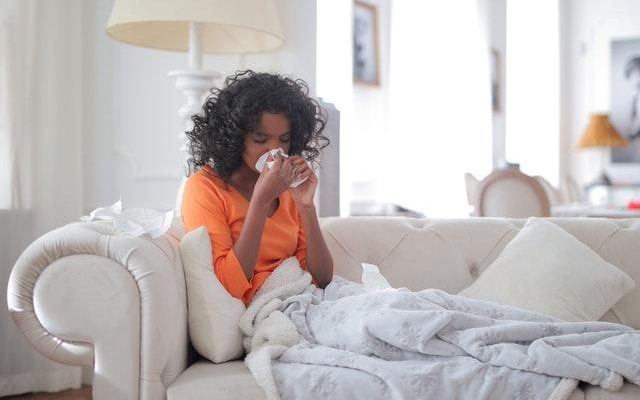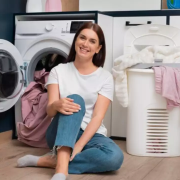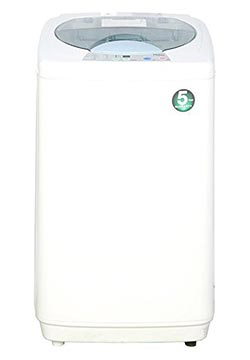Make it a part of your spring preparation to allergy-proof your home. According to Medical News Today, spring allergies occur as early as February as trees and grasses begin releasing pollen into the air. Exposure to spring allergens can trigger minor to severe reactions, including red and watery eyes, sneezing, coughing or difficulty breathing, and hives. If you have family members who suffer from seasonal allergies, make your home a safer place for them by following these spring home preparation tips.
Vacuum constantly
Your carpets and upholstery are perfect nesting grounds for allergens. Thus, do not forget to vacuum them regularly. Experts recommend vacuuming high traffic areas daily, twice weekly for medium-traffic areas, and weekly for light-traffic areas. For your spring cleaning task, it would be ideal to use a vacuum with a HEPA filter. HEPA stands for High Efficiency Particulate Air filter. According to the EPA, using this type of filter can remove at least 99.97% of indoor air pollutants.
Wash your bedding weekly
Keep your bedroom allergy-free by washing your beddings at least weekly. The Mayo Clinic recommends washing your sheets, pillowcases, and blankets in water heated to at least 130 F (54 C). It would also be ideal to use dust-mite-proof covers.
Keep the doors and windows closed
As much as possible, keep your doors and windows closed in spring. Otherwise, you will be inviting pollen and other allergens into your home. The Florida Center for Allergy and Asthma Care suggests changing clothes once you get home and showering before bed to prevent spreading pollen spores throughout the home.
Stop mold growth
Mold is another indoor allergen you should look out for in spring. Warm weather encourages mold growth, so expect to see or smell mold around your house this time of the year. To prevent mold growth in your home, be sure to fix any leaks in your plumbing, walls, or roofs. In cleaning bathrooms, where molds usually grow, make sure to use mold-killing products.
Upgrade your air conditioner
Your air conditioner plays a vital role in keeping allergens out of your home. Since you cannot open the windows during the height of the allergy season, you usually rely on your air conditioner to keep your home cool and fresh. Besides providing indoor comfort, air conditioners also trap indoor air pollutants like dust, dirt, pollen, and mold through their air filters. If your AC unit is already 10 years old, upgrading to a newer, high efficiency model will provide you better indoor air quality at home.
For your AC replacement at home, make sure to hire only the trusted professionals in the industry. There are a lot of factors to consider when installing a new unit. Working with the right AC contractor will guarantee you quality results in no time. Book a service now!












